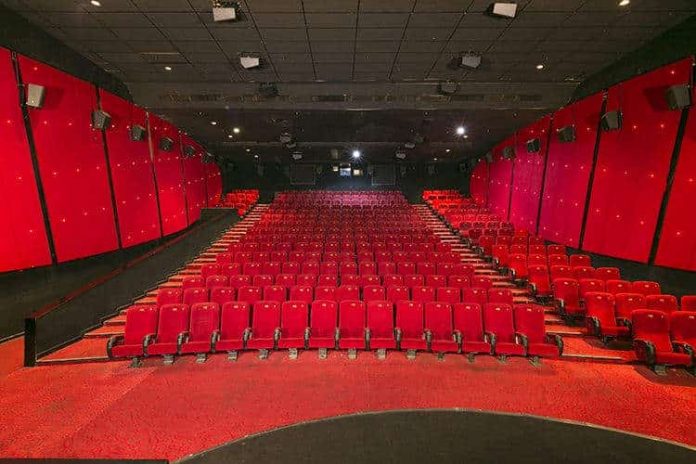While the film industry had been waiting for the lockdown to be either lifted or relaxed, the news of the relaxation in states like Maharashtra and union territories like Delhi has not been met with much jubilation. And the reason for the lack of joy is not difficult to fathom.
The lockdown relaxations are not uniform across the country. Even within the state of Maharashtra, the unlocking is dependent upon the level in which the districts fall because the state has unveiled a five-level unlocking plan. This implies that cinemas in parts of Maharashtra might reopen while in the rest of the state, they may not be granted permission to operate as the reopening would depend upon the level in which the district falls. What’s more, even if the district reaches level 1 (where cinemas are allowed to be functional) in a particular week but slips to level 2 or 3 in the following, say, week or month, the reopened cinemas would have to shut down again. And we are talking of just one state here — the state of Maharashtra. Imagine what the status of cinemas in the entire country will be if the Maharashtra model of unlocking were to be followed by the other states too, which is very likely.
By its very nature, films have to be released all over India simultaneously. Of course, they have to see release all over the world on the same day, but one is not even talking about the rest of the world here. Film business is very different from other businesses like, for instance, the hotel business. If one state permits hotels to operate at full capacity as part of the unlock plan, the hotel does not have to wait for the other states to follow suit because nothing would be harmed if the hotels in one state were to do brisk business while hotels in other states were to remain shut. But if a film is not released in cinemas across India on the same day — and that would be possible if and only if cinemas across the country are functional at the same time — the business of the film in areas where cinemas are shut could be lost forever because of piracy. The new film would be pirated right on the day of its release anywhere in the country and, therefore, people in areas where cinemas are not allowed to reopen as per the unlock plan, would’ve watched the pirated version of the film in their homes.
Because of this anomaly, the question of releasing new films until and unless cinemas all over India are functional does not arise. Yes, if shootings are permitted as part of the unlock plan, producers will at least be able to complete their films by resuming shootings of the under-production films or will be able to start their new films. But that’s as far as the production sector is concerned. The distribution and exhibition sectors would still have to wait for the cinemas of the entire country to reopen. For these two sectors then, the unlock plan of, say, Maharashtra or Delhi does not mean much because new software to play in the reopened cinemas will not be forthcoming. No producer would risk releasing his film in part of India and hope to release it in the rest of the country as and when cinemas reopen in different districts. Altering the concept of day-and-date release is unthinkable, given the toothlessness of the piracy laws in the country.
Kamal Gianchandani, CEO, PVR Pictures Ltd., and chief business planning and strategy, PVR Ltd., says, “The reopening of cinemas even partially is welcome because it gives the hope that cinemas in other parts of the country will reopen soon. Of course, producers will not release new films till majority of the cinemas in the country reopen, and that, by my estimate should happen by June-end or mid-July. I am not worried about cinemas shutting down after reopening because Coronavirus cases generally don’t increase exponentially after they reduce.”





























